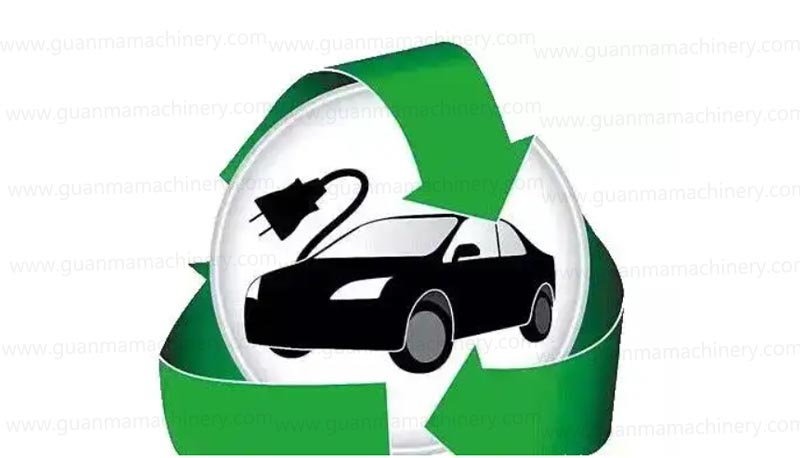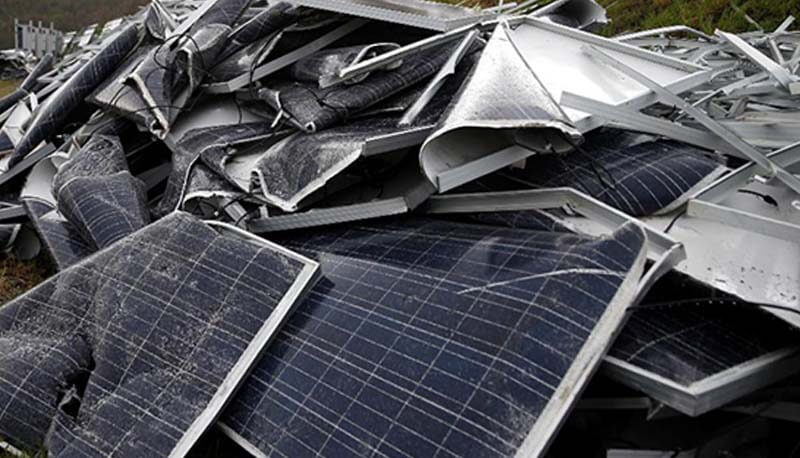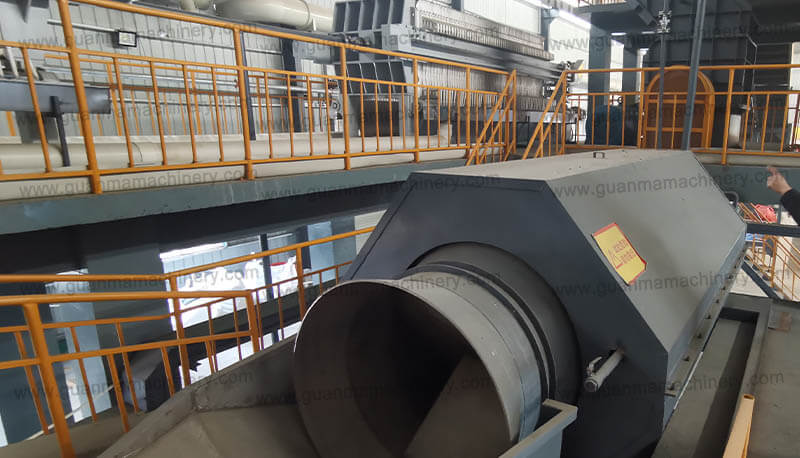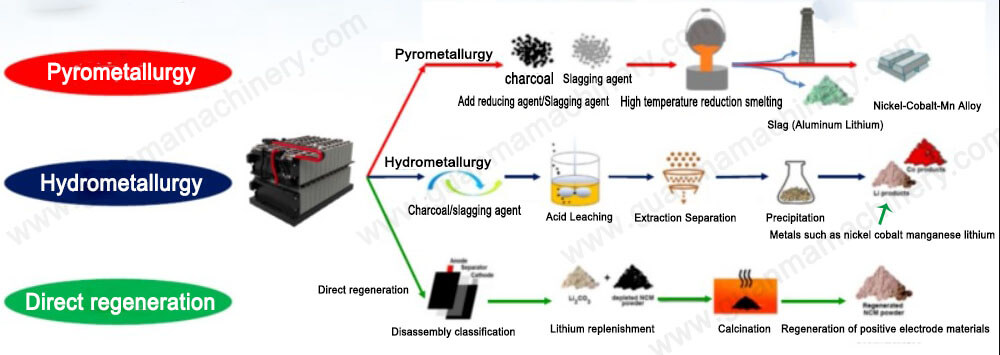Establishing a battery recycling plant in India involves a strategic investment that caters to the growing demand for sustainable waste management solutions. As the country moves towards electrification and renewable energy, the need for efficient battery recycling becomes paramount. This article aims to provide insights into the battery recycling plant cost in India, helping potential investors navigate the complexities of setting up such facilities.
Understanding Battery Recycling Plant Cost in India
The cost of a battery recycling plant in India can vary widely based on multiple factors, including the type of batteries being recycled (such as lead-acid or lithium-ion), the capacity of the plant, the technology employed, and compliance with environmental regulations.
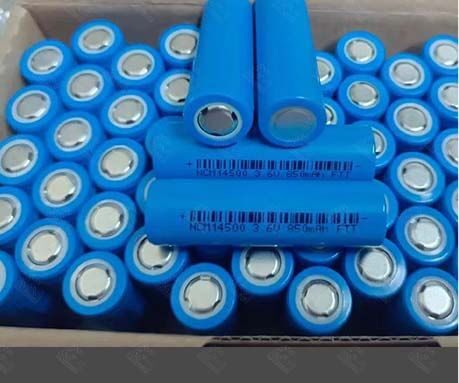
Technology and Equipment
A significant portion of the battery recycling plant cost in India is attributed to the technology and equipment required. Advanced machinery for sorting, crushing, and extracting valuable metals from batteries can range from a few hundred thousand dollars to several million dollars. The use of automation and specialized equipment for the recycling of lithium-ion batteries can push the costs higher due to the complexity of the recycling process.
Obtaining the necessary permits and licenses for a battery recycling plant in India is another critical aspect. Meeting environmental standards set by the Central Pollution Control Board (CPCB) and securing approvals from local authorities can involve additional expenses.
Operational Costs
Ongoing operational costs, including labor, utilities, and maintenance, should also be considered. Skilled technicians and engineers are required to operate and maintain the recycling equipment, adding to the overall battery recycling plant cost in India.
Total Investment Range
Taking into account all these factors, the total investment for a medium-sized battery recycling plant in India can range from $1 million to $10 million or more. For smaller plants focusing on lead-acid batteries, the costs might be lower, whereas for plants specializing in the recycling of lithium-ion batteries, costs could be significantly higher.
Government Incentives and Financing Options
To encourage investment in battery recycling plants, the Indian government offers various incentives and financing options. Investors should explore schemes provided by agencies like the Ministry of New and Renewable Energy (MNRE) and the National Bank for Agriculture and Rural Development (NABARD) for potential cost savings.
In conclusion, the battery recycling plant cost in India requires careful planning and analysis. By understanding the various components that contribute to the total investment, potential investors can make informed decisions and tap into the growing market for sustainable battery recycling solutions.

